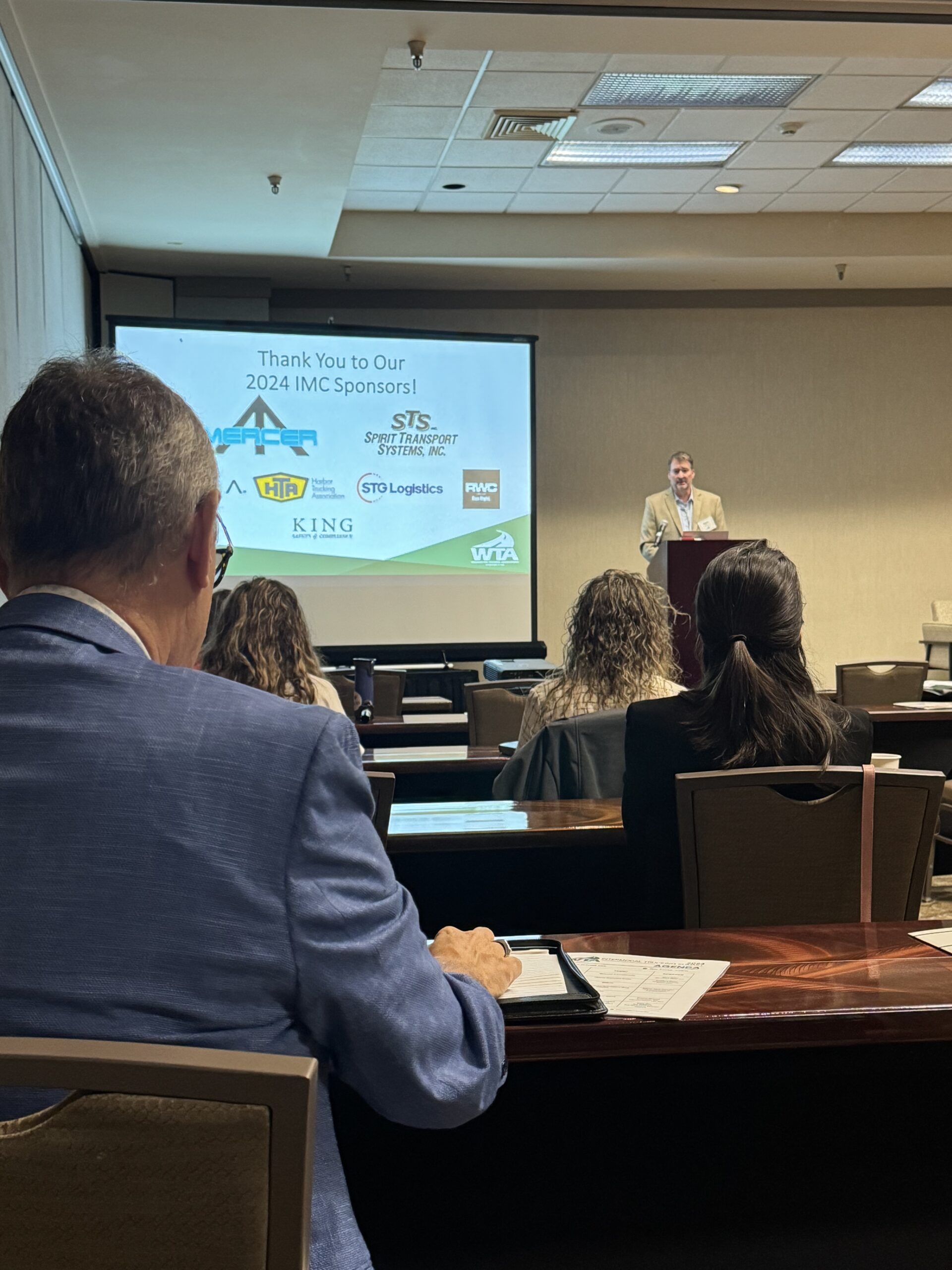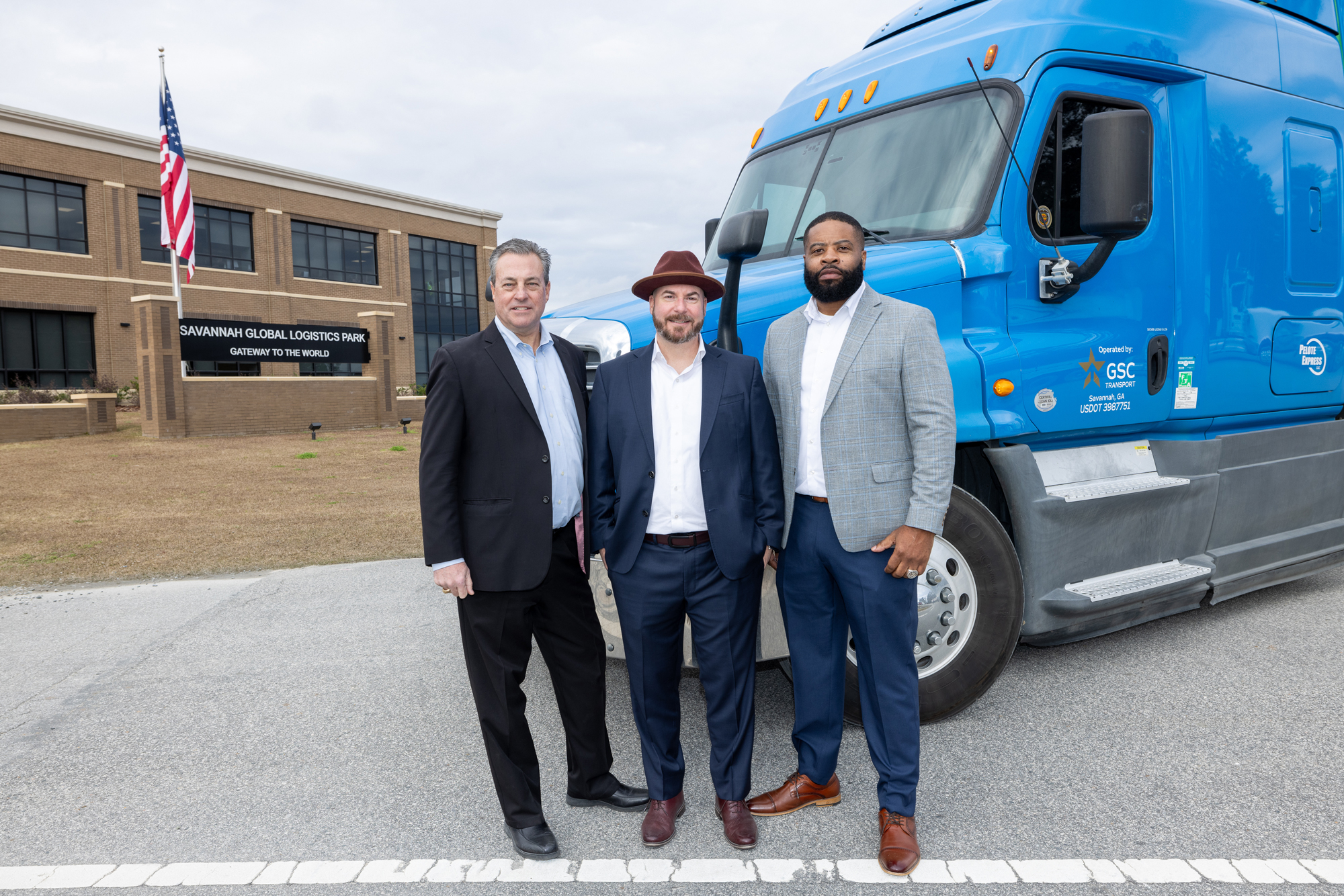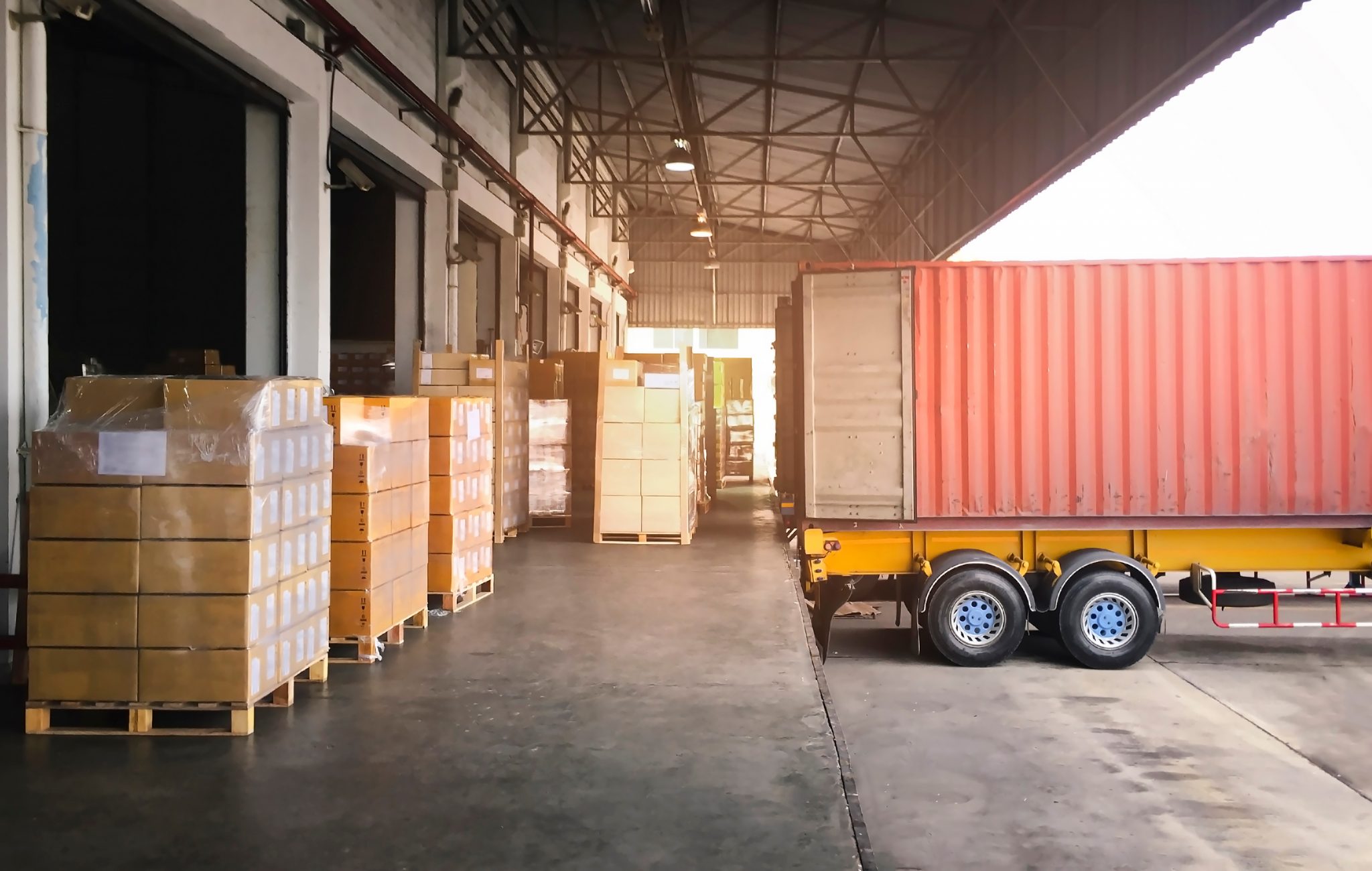Last week, industry leaders gathered at the 2024 Intermodal Trucking Summit hosted by the Washington Trucking Associations (WTA). The summit provided a full day of critical discussions focused on the latest challenges and innovations impacting the trucking and intermodal transportation sectors. Our own Mark Miller, president of MacMillan-Piper, had the honor of giving the opening remarks. In his speech, he emphasized the significance of this first annual conference as a platform for fostering collaboration within the industry. He highlighted the symbiotic relationship between trucking and other logistics components, such as ports, warehouses, and labor. Mark reiterated the core principle that keeps the logistics industry moving: “If you bought it, a truck brought it.” His call for partnership across the supply chain set a positive tone for the rest of the day’s discussions.
Following Mark’s introduction, Jonathan Eisen from the American Trucking Association led a discussion on the latest federal regulatory issues impacting the trucking industry. Attendees learned about updates in regulations, compliance requirements, and upcoming challenges facing operators in the ever-evolving federal framework. A major highlight of the day was a presentation by Allison Dane Camden from the U.S. Department of Transportation. She detailed the Freight Logistics Optimization Work Initiative, which focuses on improving efficiency and coordination within the supply chain. This initiative plays a vital role in enhancing the movement of goods and minimizing bottlenecks in intermodal transportation. Later on, Prasad Sharma from Scopelitis, The Transportation Law Firm, provided a deep dive into the ongoing conversation around independent contractor status, a key issue for trucking companies. As regulatory bodies review labor classifications, understanding how to navigate this shifting legal landscape is essential for trucking operators, and this session provided actionable advice.
An overlook of current of seaport operations was provided by Tong Zhu of The Northwest Seaport Alliance, shedding light on the volume trends, challenges, and future growth of the alliance’s operations. His presentation underscored the critical role seaports play in the region’s supply chain ecosystem. Following the NWSA, was a session focusing on California Policy Impacts, Matt Schrap from the Harbor Trucking Association spoke about the latest CARB (California Air Resources Board) initiatives and the implications of AB5 for the trucking community. The discussion revolved around how trucking companies can remain compliant with these regulations while adapting to the changes in labor laws and environmental policies.
Later on in the day Dustin Stoker from Husky Terminal provided insights into the terminal’s expansion plans, which are set to increase capacity and efficiency at the port. Later, Jason Jordan from The Northwest Seaport Alliance highlighted the organization’s long-term decarbonization plan. This session emphasized the increasing importance of sustainability in the trucking industry as it transitions toward greener practices. As the industry looks toward a zero-emission future, a final session led by experts in emerging technologies focused on the ZEV Transition (Zero Emission Vehicles) for the drayage community. Topics included the development of parking infrastructure, charging depots, and other critical projects that support the transition to a sustainable future for trucking.
The day concluded with a networking reception, offering attendees the opportunity to connect with peers, exchange ideas, and reflect on the day’s discussions in a more casual setting. This conference underscored the importance of regulatory awareness, technology adoption, and environmental sustainability in shaping the future of intermodal trucking. With leaders from key sectors providing actionable insights, the event proved to be a crucial platform for industry professionals to stay informed and prepared for the future.




